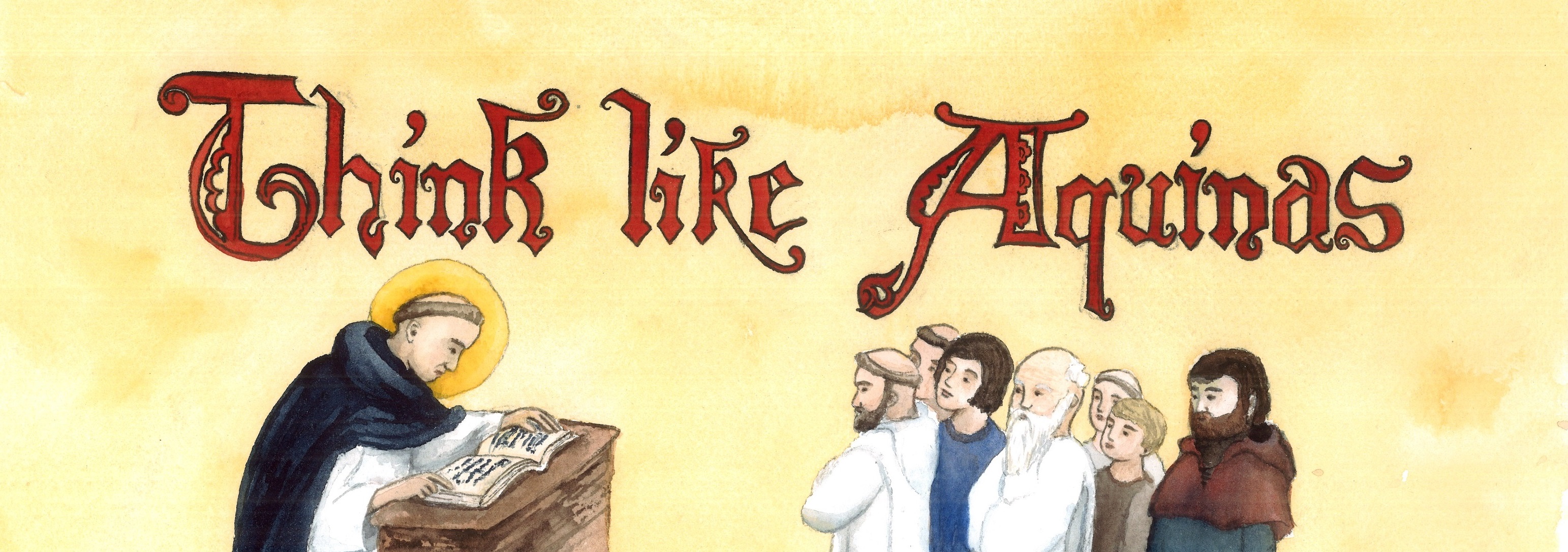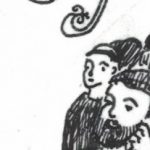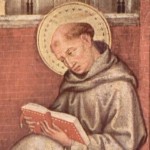St. Thomas begins his prologue with what feels like a truism: someone who teaches the Catholic faith should teach not just the advanced but also beginners. Why would anyone think otherwise? How do people become “advanced” after all except by being taught?
But the medieval university system did in fact have St. Thomas in class with only the most advanced students. Beginners at the university would read the whole of Scripture quickly with instruction from a more advanced student, and they would read the Sentences of Peter Lombard and other texts before they ever got into a room with a master like Thomas. Once with the master, they would read and comment on Scripture line by line.
Now, St. Thomas did teach less advanced students. Going beyond his duties as a university Master, he wrote commentaries on Aristotle for his fellow Dominicans, answered letters from dignitaries, and in general tried to make himself helpful. That, he says, is what every teacher of the Catholic faith should do: help even beginners, not just the high-powered graduate students who end up in the master’s university classroom.
As he says, the road for beginners was difficult and bewildering. To get an initial grasp of theology, one had to read the many and varied books of Scripture, the various patristic commentaries on the many and varied books of Scripture, and homilies by great saints of the past, and all the rest of that trackless forest we call the Catholic tradition. The closest thing to a system was Peter Lombard’s Sentences, and even that was a kind of funky old mansion with crazy wings and side rooms and closets and antechambers to the closets. Dante’s Divine Comedy—sometimes described as the summa poetica—begins with a pilgrim who wakes up in a dark, dense forest and cannot find a path; St. Thomas’s Summa Theologica begins with as student who faces the rich but seemingly impenetrable and forbidding forest of Catholic tradition, and who waits in vain for his Virgil to appear.
So St. Thomas proposes to write a brief book to instruct beginners. And he proceeds to write a huge, multivolume work that has been the life-study of expert theologians ever since. If that was brief, what would “long” look like? And if the Summa is for beginners, what are the “advanced” people doing?
For a visual answer, find the Patrologia Latina et Graeca sometime and ponder the several bookcases it burdens. That is what “long” looks like: without a systematic introduction, that is where a beginner would have to go to learn theology. And that is what “advanced” looks like: it takes more understanding and experience to find one’s way through Scripture and the Fathers than it does to work through the Summa in a linear way.
In other words, St. Thomas genuinely believes that his Summa is not the climax of theology, not something that replaces the Fathers, but an introduction to the more serious work of reading the Tradition. A clean system is less important than the trackless forest—St. Thomas believes this with all his heart. He just thinks that a good systematic start will equip beginners for their wilderness trek.
I like to think that when St. Thomas uses the first person plural (“we shall try”), he is not just using a royal “we” but rather including his readers in the effort. In other words, his readers are themselves teachers of the Catholic faith, and they will try, together with St. Thomas, to explain Sacred Doctrine in a brief and clear way. And with St. Thomas’s help, maybe his readers’ students won’t feel so lost, weary, and confused.





Please note: I reserve the right to delete comments that are offensive or off-topic.